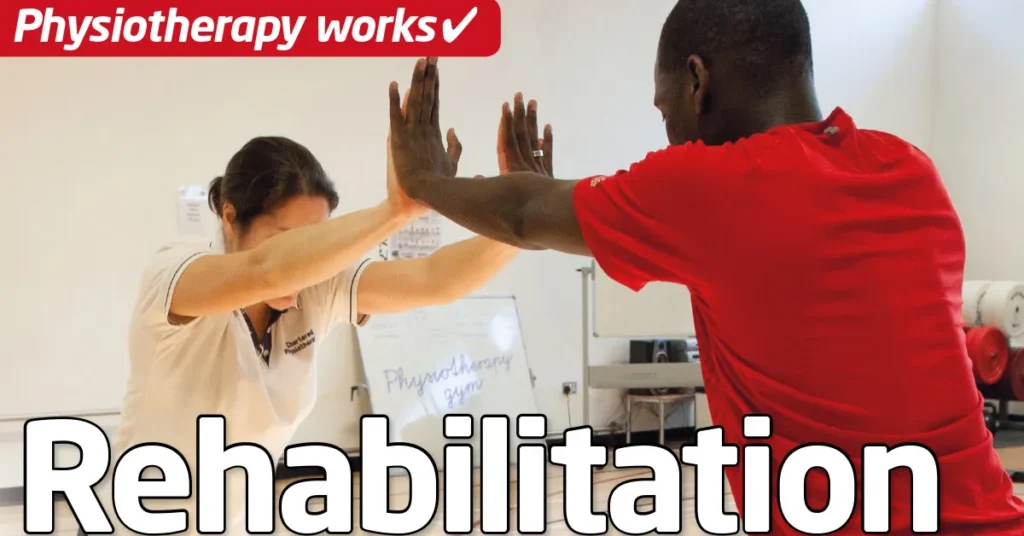Blog
Here is our collection of blogs which help explain the many different types of physiotherapy in a way that helps you to understand more of what we do and why we do it. If you have any questions from reading any of our articles then please feel free to get in touch.
Search Our Blogs

Why Physiotherapy Rehabilitation Matters
Physiotherapy Rehabilitation Exercise rehabilitation is a key component of the service provided by the physiotherapists at Physis Physiotherapy. All of our clinics in Edinburgh have rehabilitation space and equipment, a

Why Does Sleep Matter?
The Benefits of Sleep Sleep is essential for good health. It allows your body and mind to rest and repair, and it helps you function at your best both

Simple Exercises to Help Relieve Neck Pain
Is neck pain common? Neck pain is very common. It’s the second most popular reason our patients visit us for physiotherapy. A high number of these problems relate to work

Jaw (Temporomandibular joint) Pain
Stop Bumping Your Gums and Get Your Jaw Fixed! Pain from the jaw can manifest itself in lots of different ways, from neck pain to ear ache and toothache, even

Do Physiotherapists Treat Headaches?
Headaches are a common problem If you are one of the 47% of people who experience regular headaches you’ll know they are no laughing matter. For some people headaches are

Top 5 cycling injuries – How To Overcome Them
Top 5 cycling injuries- How to treat them The top 5 cycling injuries is a list of some of the most common things we hear and see cyclists complain about.

A healthy start to your new year?
A healthy start to the new year. Advice from an Edinburgh Physiotherapist. As physiotherapists we believe in encouraging healthy living in a wider context to our patients. As such we

Heat therapy
Advice from a physiotherapist on how to use heat therapy Heat causes the blood vessels to open wide (dilate). This brings more blood into the area to stimulate the cellular

Shockwave Therapy
SHOCKWAVE THERAPY What is Shockwave Therapy? Shockwave therapy, also known as Extracorporeal Shock Wave Therapy (ESWT), is a clinically proven and highly effective treatment for chronic soft tissue injuries and certain bone conditions, as